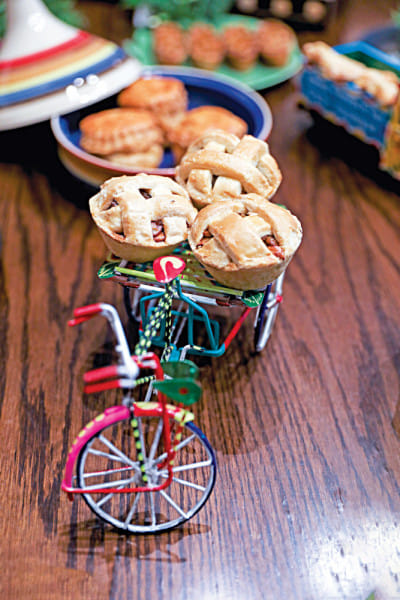Nutrition for school going children


School-going age is the perfect time for children to learn about healthy food, healthy bodies and productive activities. These children are required to eat a variety of food from each food group to ensure optimal intake of all vitamins and minerals. They have a steady but slow rate of growth and usually eat 4 to 5 times a day (including snacks).
Decisions about what to eat are partly determined by family, friends, and the media (chiefly TV). This is the time they start a busy social life. The amount of physical activity they have in a day will be an important part of how much they need to eat.
Poor nutrition compromises both the quality of life of school-aged children and their potential to benefit from education. Attaining optimal nutrition involves eating three meals a day and two nutritious snacks, as well as limiting the intake of high-sugar and high-fat foods. Consuming generous amounts of fruits, vegetables, lean meats and low-fat dairy products, including three servings of milk, cheese or yoghurt to meet their calcium requirement, can also prevent many medical problems like becoming overweight, developing weak bones, and developing diabetes.
Deficiencies in iron and zinc have been associated with impairment of neuropsychological function, retardation of growth and development, reduced immunity and increased vulnerability to infectious diseases.
Peer pressure to eat particular 'trendy' foods at this age is strong. Let the child eat these kinds of foods occasionally, such as at parties, special events or when the rest of the family enjoys them.
Carbohydrates and fats provide energy for growth and physical activities. During periods of rapid growth, appetites increase and children tend to eat constantly. When growth slows, appetites diminish and children eat less at meal times.
Cognitively demanding tasks such as schoolwork, require regular supplies of glucose to the brain in order to enhance cognitive functioning and improves memory and mood. Protein builds, maintains and repairs body tissue. Deficiency of unsaturated fatty acids may negatively impact school performance.
Osteoporosis, a weakened bone disease, affects a significant proportion of adults. This begins in childhood if diets are not providing adequate calcium-rich foods. Milk and dairy products and some dark green, leafy vegetables are good sources of calcium. Children need iron because of rapidly expanding blood volume during growth.
Meat, fish, poultry, and enriched breads and cereals are the best sources of dietary iron. The trend for children being overweight and obese is on the rise in school-aged children, mainly attributable to reduced physical activity.


Obesity is also implicated in the development of insulin resistance, limiting the body's ability to absorb glucose. On the other hand, an increasing prevalence of anorexia nervosa and bulimia is associated with this age group. This extreme measure of weight control is achieved by restricting food intake in unhealthy ways.
Dental caries are caused by overindulging in sugary foods such as soft drinks and confectionery, and may predispose school aged children to poor dental health.
Here are some essential tips to follow as far as nutrition for school going children is concerned —
- Eat a variety of natural colours from foods in order to have adequate nutrient like calcium, magnesium, potassium, antioxidants, vitamins and fibre.
- Encourage your child to practice proper hygiene at all times.
- Parents are encouraged to limit children's screen time to less than 2 hours daily, although this may not be possible during COVID-19. Therefore, encourage activities that call for more movement.
- Children and adolescents need at least 60 minutes of moderate to vigorous physical activity on most days for good health and fitness and for healthy weight during growth.
- To prevent dehydration, encourage children to drink fluids regularly during physical activity and to drink several glasses of water or other fluid after the physical activity is completed.
- Encourage hearty breakfasts. A good night's sleep followed by food in the morning helps the child to stay active and concentrate at school.
- Allow children to help with preparing and serving meals and shopping.
- Teach some simple nutrition facts such as 'milk keeps your bones strong.'
- Enjoy talking and sharing the day's happenings at mealtimes.
- Let children tell you when they're full.
- Snacks are an important part of a healthy diet for active children, so offer nutritious as well as high energy snacks.
Photo: Sazzad Ibne Sayed

 For all latest news, follow The Daily Star's Google News channel.
For all latest news, follow The Daily Star's Google News channel. 



Comments